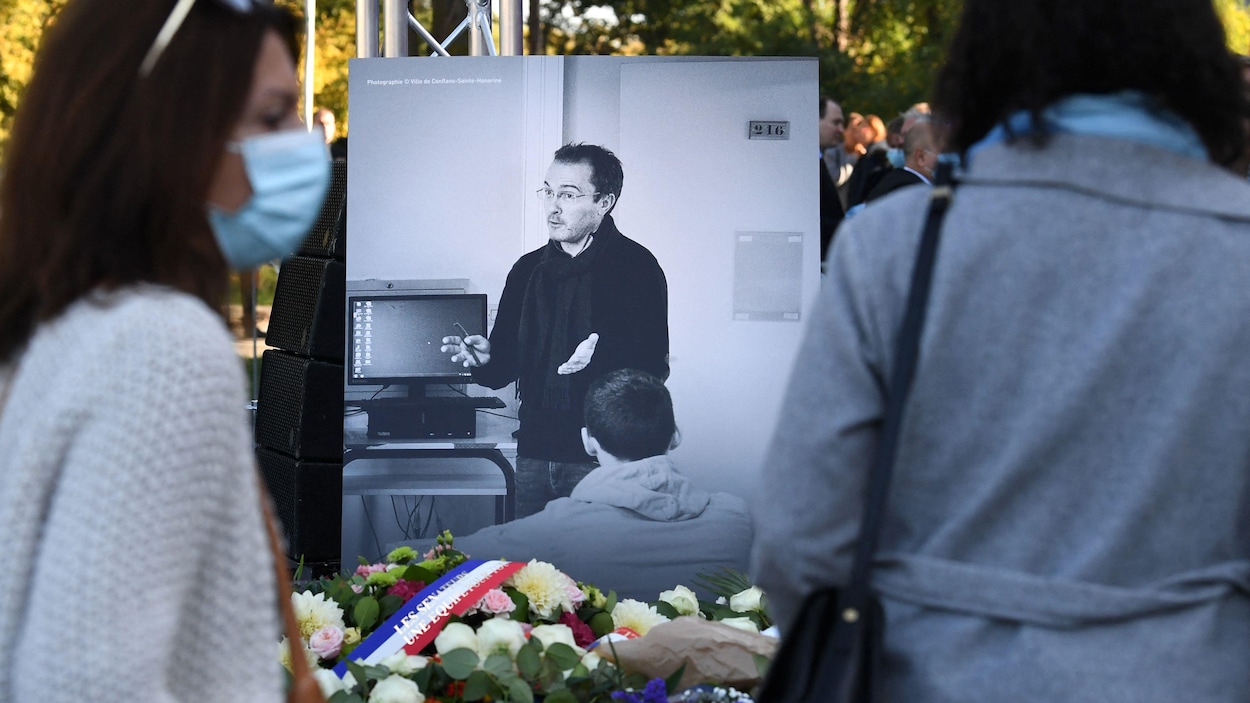Why Albania Has Banned TikTok for a Year
Albania's radical decision to ban TikTok highlights growing concerns over social media's impact on youth amid tragic incidents. Dive into the implications and reactions surrounding this bold move.
Published December 22, 2024 - 00:12am

Image recovered from arabnews.com
The Albanian government, led by Prime Minister Edi Rama, has announced an unprecedented decision to impose a year-long ban on the popular social media platform TikTok. This move comes in response to heightened concerns about the role of social media in influencing youth behavior, particularly in light of a tragic incident involving the death of a teenager in Tirana. The decision has sparked extensive debate among parents, educators, and mental health professionals across the country and beyond.
Prime Minister Rama, expressing his strong disapproval of the platform, labeled TikTok as a disruptive 'neighborhood bully'. This characterization stems from the platform's reputed role in escalating conflicts among young people. The unfortunate death of a 14-year-old student, who was involved in a violent altercation reportedly stemming from disputes online, has been a pivotal moment prompting governmental action. Videos allegedly promoting violence circulated on social media have further fueled the government's resolve to act decisively.
In a country where internet penetration and social media use are rapidly increasing, the government's decision has triggered national dialogue about the responsibilities of Big Tech companies and the need for more stringent regulations. Past incidents have seen numerous European countries, such as France, Germany, and Belgium, introduce certain restrictions on children's use of social media. However, Albania's approach by entirely banning a platform for a determined period marks a significant step.
Critics argue that TikTok, which boasts over a billion users worldwide, offers a diversified platform where young people engage with content ranging from educational videos to entertainment clips. Nonetheless, detractors point out that its algorithm can create content silos, potentially intensifying group conflicts or fostering unhealthy obsessions among impressionable youth.
The Albanian government's initiative is not an isolated event in global terms. Worldwide, TikTok has faced scrutiny for various reasons. In Australia, regulations have been imposed to limit adolescents' access. The United States has accused TikTok of activities tantamount to espionage, raising national security concerns. In the European Union, recent investigations have focused on the platform's potential interference in political processes. In India, TikTok has been banned since 2020 following border skirmishes with China, demonstrating the geopolitical impact of digital platforms.
This move by Albania is accompanied by plans to introduce educational programs designed to assist parents in monitoring their children's online activities. Such initiatives aim to equip families and educational institutions with tools to mitigate digital threats and support well-being amid the shifting online landscape. Rama's government seeks to ensure that Albanian students do not become victims of harmful online influences but instead benefit from meaningful and educational use of digital technologies.
Furthermore, Rama has drawn comparisons to China, highlighting how TikTok presents different types of content within its home country, such as educational material on nature conservation and cultural preservation. This observation raises concerns about content disparity and raises broader questions regarding international content regulation standards.
As Albania stands at this crossroads, the societal discussion about the potential and perils of social media continues to gain momentum. Experts emphasize that while forgoing popular platforms might alleviate some problems, it also bypasses the opportunity to teach digital literacy and critical thinking skills necessary in a media-saturated world.
The global reverberations of Albania's ban are anticipated to influence policymakers, digital platform operators, and civil society stakeholders, all tasked with balancing the allure of technological innovation with the urgent need to safeguard younger generations from unintended consequences.





